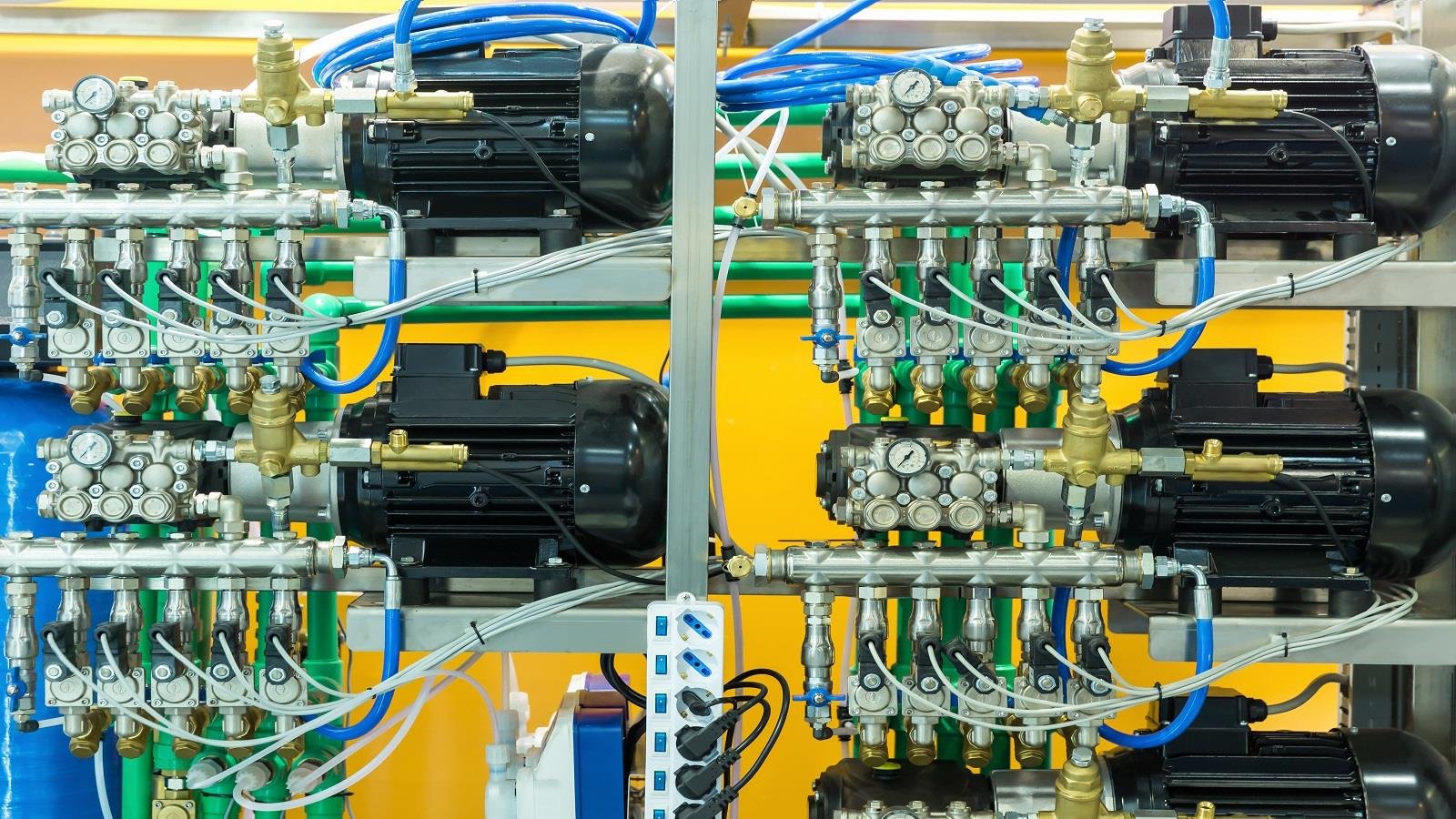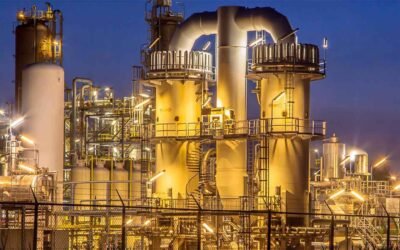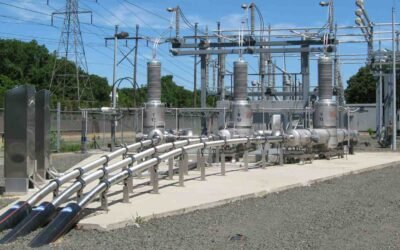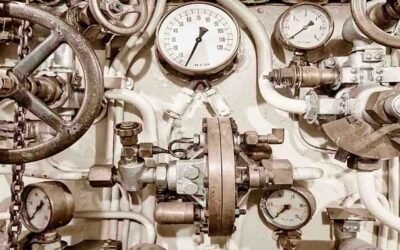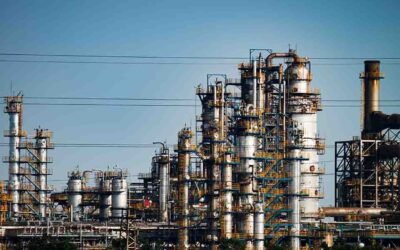About the Program
The objective of this Workshop is to provide the candidates the Detail knowledge of Pneumatic Conveying Systems to facilitates faster learning curves while on the job.
This course presents an overview of pneumatic material handling system and summarizes the main hardware and technology for efficient conveying. Selecting the correct pneumatic conveying regime for your requirements is a vital decision for a successfully designed system.
Learning objective
- Understand the advantages of pneumatic conveying systems over mechanical conveying;
- Understand the characteristics and limitations of dilute phase, dense phase, and air activated gravity conveying;
- Understand the fundamental design differences of dilute phase and dense phase conveying;
- Understand the various types and applications of dilute phase conveying systems – positive pressure, negative pressure, and combination systems;
- Understand the design approach and typical specifications of positive pressure, vacuum and combination pull-push dilute phase conveying systems;
- Understand the system design objectives for new projects and the expansion/retrofit projects;
- Understand the factors influencing the performance of pneumatic conveying systems and learn how conveying rates are influenced by type of materials and affected by distances;
- Understand the terms “saltation” and “choking” as applicable to pneumatic systems;
- Learn by example – the methodology for selection of prime mover for a dilute phase pneumatic conveying systems;
- Gain an understanding of pneumatic conveying system components such as fans, airlocks, separators, piping, and filters;
- Understand the material intake and discharge methods;
- Understand the three key reasons to use dense phase systems;
- Learn the applications of the different modes of dense phase conveying including fluidized dense phase, low-velocity slug flow, low-velocity plug flow, extrusion flow and bypass conveying;
- Learn the top ten tips for the design of dilute and dense phase conveying systems.
Program Highlights

About The Course
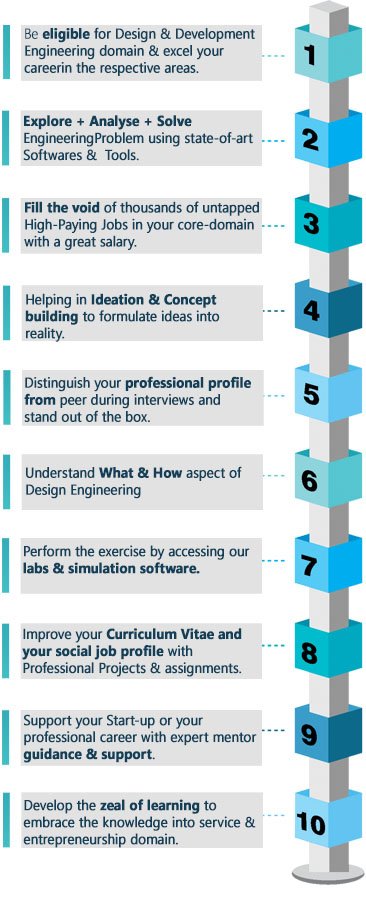
Course Modules
- Types of Pneumatic Conveying
- Dilute-phase conveying
- Types of dilute – phase systems
- Combination Negative- Positive pressure – Dilute phase
- Which system is better – Positive pressure or Negative pressure?
- System design
- Pressure-Volume Relationship
- Air Volume – Velocity Relationship
- Pressure-Volume Relationship in a Tapered Line
- Pressure-Volume Relationship in Stepped Line
- Material velocity
- System pressure drop
- Minimum conveying velocities
- Fans selection
- Conveying distance
- Components of the dilute – phase system
- Fan selection considerations for material handling
- Piping
- Material intake methods
- Material discharge methods
- Dense phase conveying
- Types of dense phase systems
- Bypass conveying
- Ir-film conveying
Course Certificates
SmartBrains is associated with The National Skill Development Corporation (NSDC) as the Training and Certification partner for various job oriented training programs across various sectors including Oil & Gas, Power, Renewable Energy, Hydrocarbon, IT & ITs, Electronics, Telecom, Agriculture, Life science, etc. offering assessment based Training & certifications for a gamut of job profile.
Who should join?
- Working professionals in Domains: Site Engineering, Construction & Commissioning operation & Maintenance, Technicians in Mechanical Engineering Field.
- Students (Mechanical Engineering, Diploma in Mechanical Engineering) who want to develop their career in Design Engineering.
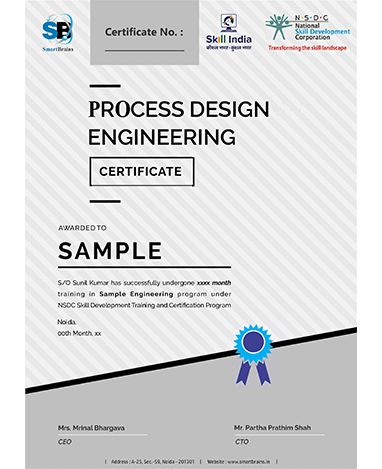
For Corporate queries
A-25, Sector-59, Noida (UP),India
Pin Code-201301
Connect with Program Advisor
training@smartbrains.com
+91 8955560560 | +91 9891108700
www.smartbrains.com
Nodal Centers
Noida, Dehradun
Guwahati, Pune
Course Features
- Lecture 0
- Quiz 0
- Duration 12 hours
- Skill level All levels
- Language English
- Students 0
- Assessments Yes

